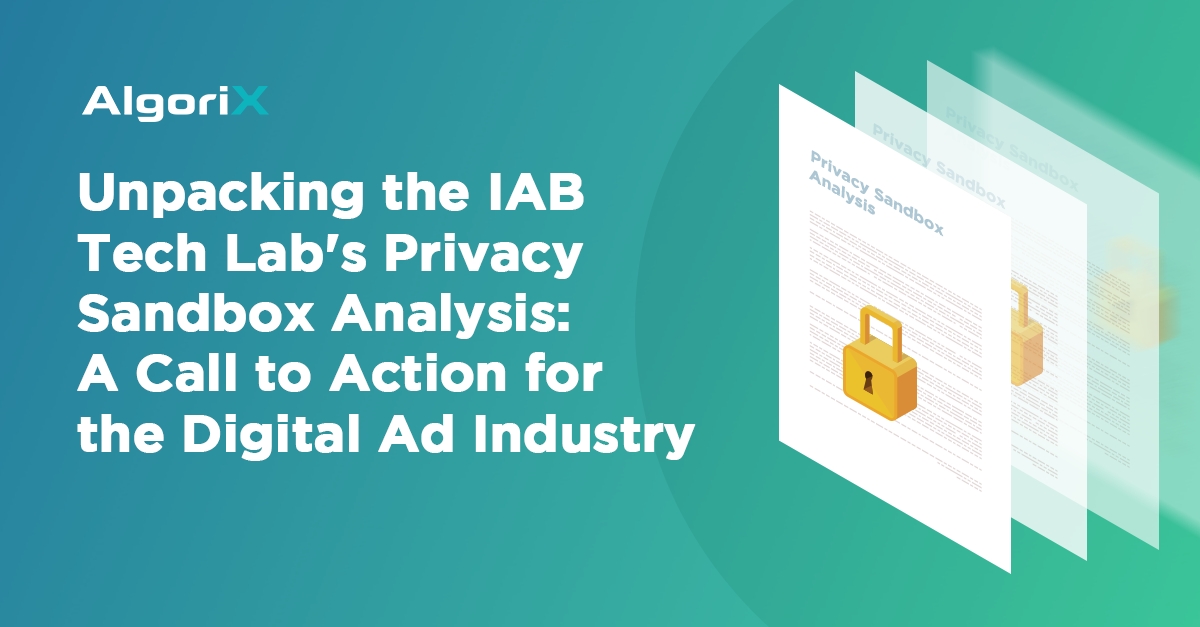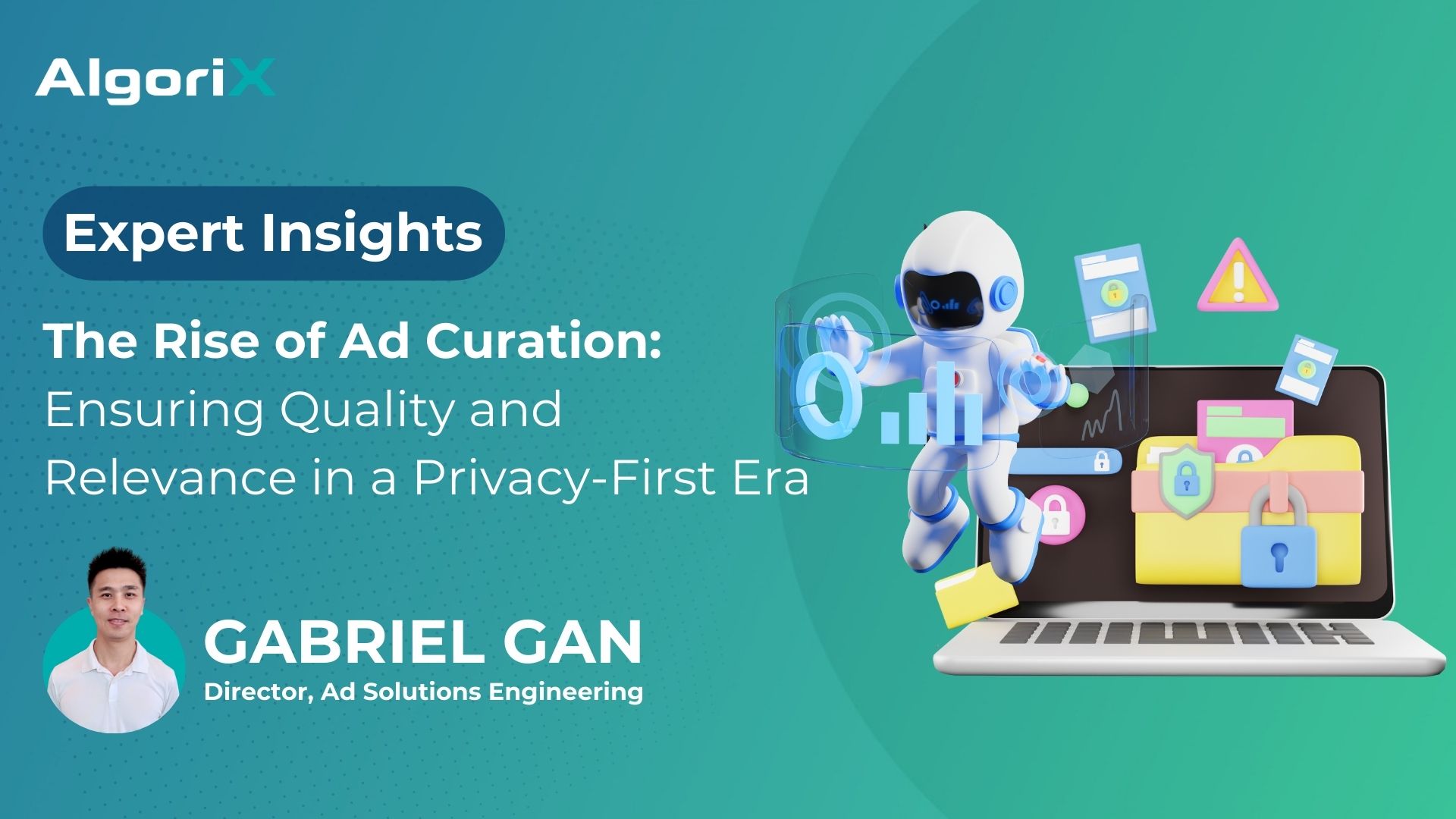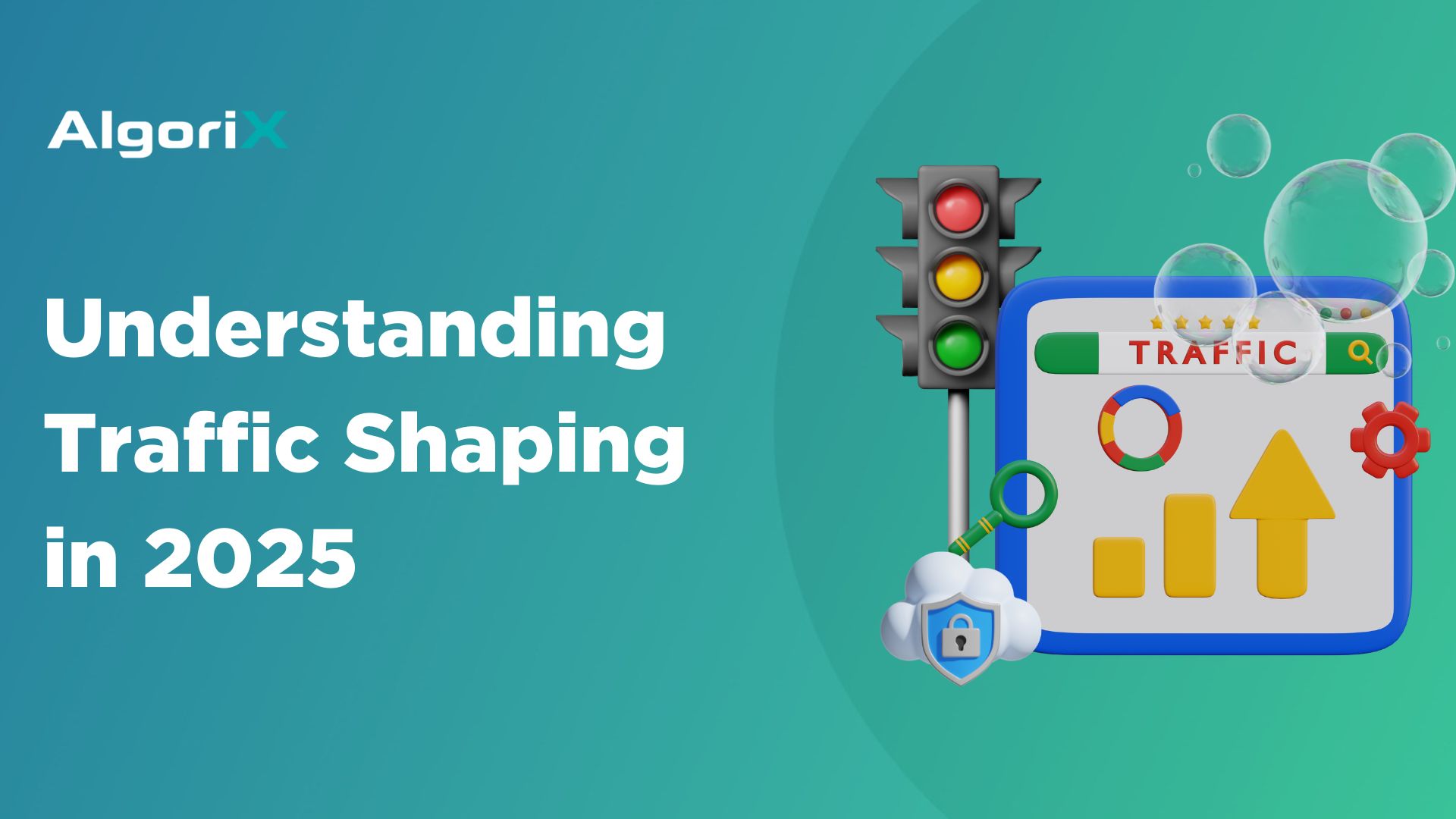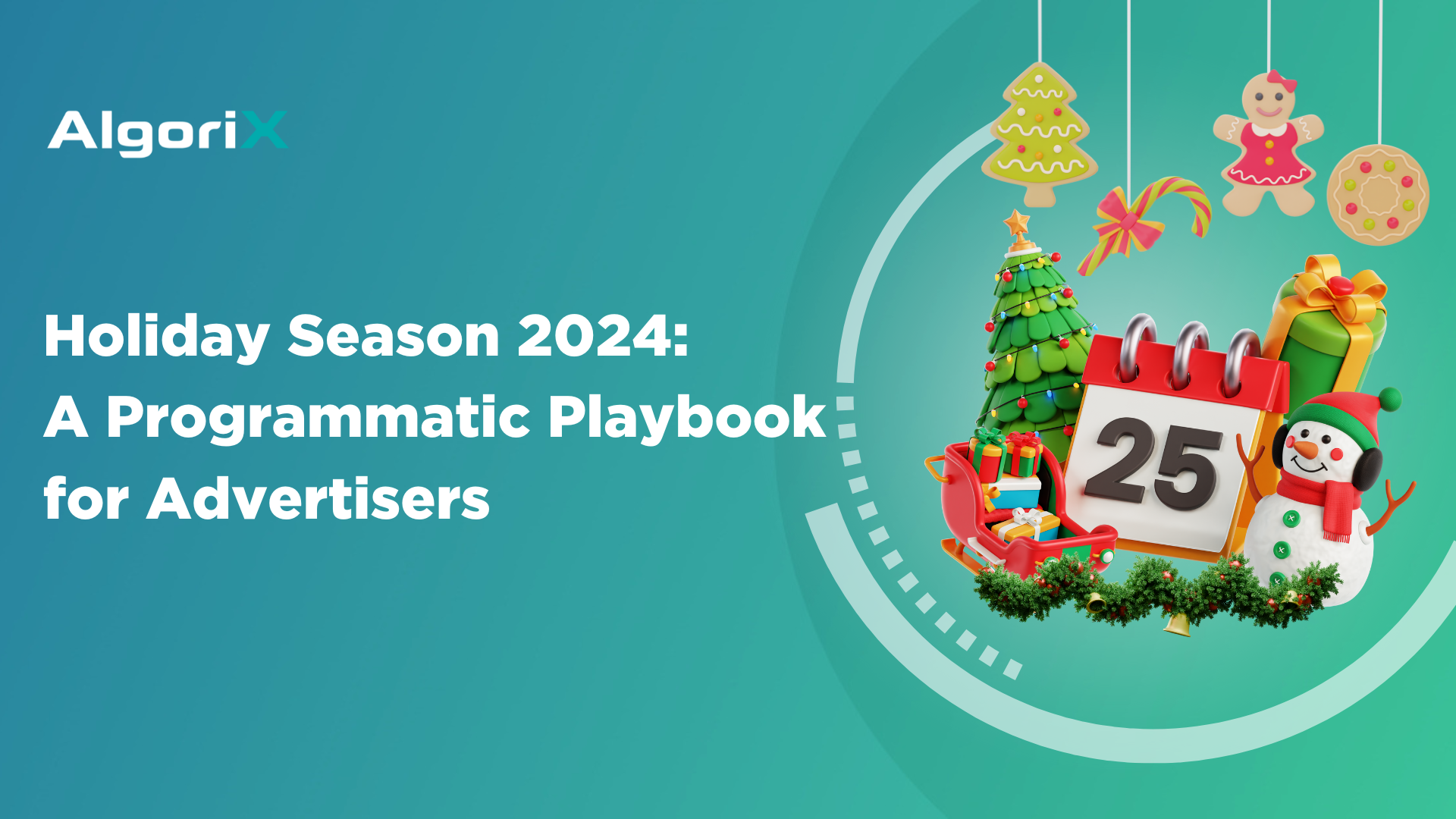Privacy Sandbox: A Double-Edged Sword
The Privacy Sandbox initiative strives to develop technologies that safeguard online privacy while providing companies and developers with the resources they need for flourishing digital enterprises. It works to minimize tracking across sites and apps, ensuring that online content and services remain accessible to everyone without compromising privacy.
Yet, the IAB Tech Lab’s analysis points out the duality of the situation. Safeguarding user privacy is genuinely an important issue that affects everyone involved.
However, it also introduces several technical challenges and strategic dilemmas for advertisers, publishers, and ad technology providers. These stakeholders must now balance maintaining effective targeting capabilities and adhering to stricter privacy standards.
Since the initiative aims to redefine the foundational mechanisms of online advertising, it requires significant adjustments in the delivery and measurements of ads.
Technical and Strategic Overhauls Required
They highlight significant gaps in essential advertising functionalities such as frequency capping, video advertising, audience creation, and impression counting. These gaps underscore the need for the industry to undertake substantial technical and strategic overhauls.
Impact on Industry Players
A Collaborative Forward Path
Navigating the Future
The IAB Tech Lab’s Privacy Sandbox Fit Gap Analysis calls for a unified response to the challenges and opportunities that Google’s Privacy Sandbox presents.
That’s why AlgoriX is proactively collaborating with demand and supply partners to address these challenges, focusing on strategies that ensure effective targeting and privacy compliance. Our commitment to engaging with industry stakeholders underscores our dedication to a balanced and innovative advertising future.
As we navigate these changes, AlgoriX invites partners to join us in shaping a privacy-first, yet economically vibrant digital advertising landscape.













